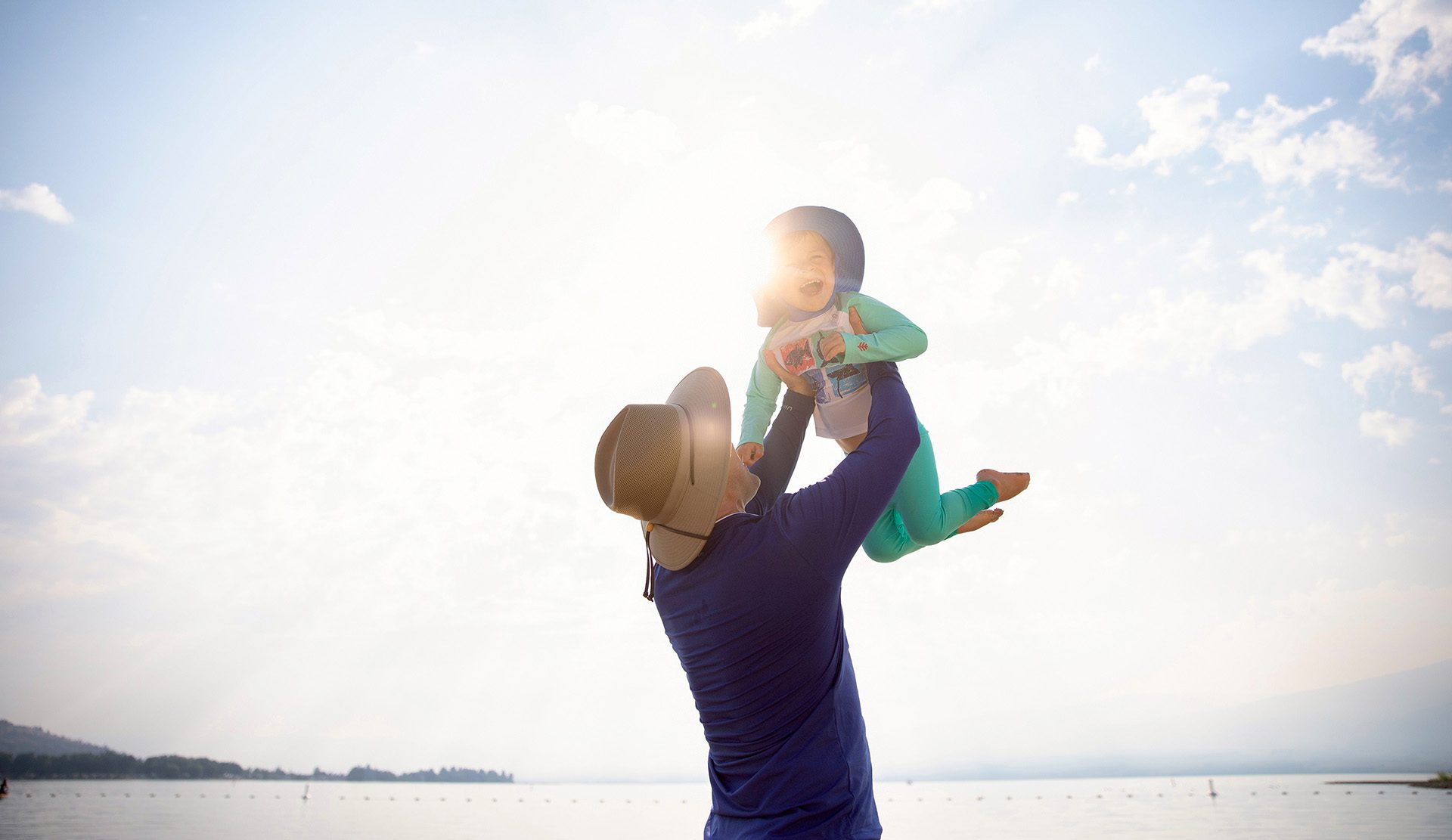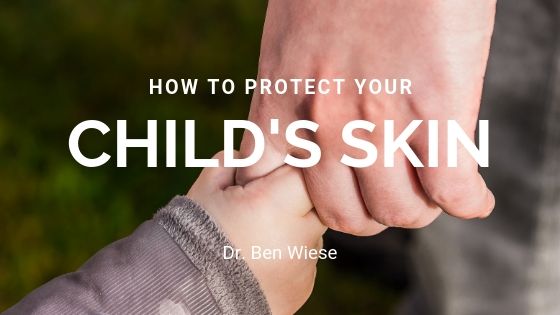For those of us with young children, we know the drill. Ahead of a day out, we’re working on preventing skin cancer by applying sunscreen and layering our children in UPF clothing. This is all in an attempt to shield them from the harmful effects of the sun.
Keeping Our Children Sun-Safe
We know that, as parents, certain responsibilities fall directly onto our shoulders. When considering protecting our younger children from the harmful effects of sun exposure, these are the rituals we perform daily. As they get older, we hope that we have set a good enough example that will encourage them to take similar precautions on their own. These practices will help prevent our kids from facing the dangers of skin cancers like Melanoma.
But what about the time spent not in our care? What about those mornings when we rush them off to kindergarten on a rainy spring morning? Or drop them off at daycare to spend a carefree day in the cool autumn air with their friends? How are we to know that they’re being protected the best they can be?
Perhaps now, as part of a new initiative, we will be getting some assistance from a government program in understanding how to create healthy habits in our children – and for the places they spend their time outside of our homes.

Preventing Skin Cancer Before It Starts
A new pilot program being run by the BC Cancer Agency, part of the provincial health services authority in British Columbia, is working on preventing skin cancer before it starts. That starts with our children.
The experiment will be conducted over a six month period, and will “assess the impact of installing a shade structure in an outdoor play space through the spring, summer and fall on UV exposure and physical activity among children aged 3-5,” according to the BC Cancer website.
Importantly, the shaded structures are being constructed so as to encourage regular outdoor activities, as opposed to a shaded place in which to rest or take a break. The shade should allow for children to remain at a healthy and comfortable body temperature, which will ideally allow for more physical activity throughout the year.
Additionally, while summer time tends to be the time we most focus on harmful exposure to the sun, the data will provide researchers with an opportunity to study the effects of the sun during the spring and fall (when the UV index can still be quite high despite the cloud cover) as it relates to our children at schools, preschools, and daycares. Ultimately, this data should inform these facilities on how to best approach outdoor play time for children during the school year, as well as encourage children to develop a healthier lifelong relationship with the outdoors.
Skin Cancer in British Columbia
The numbers of British Columbians that are diagnosed with melanoma is alarming. Skin cancer is one of the more preventable cancers, yet, according to statistics, the numbers are expecting to rise by 26% from a projected 1,345 diagnoses in 2021 to a jaw-dropping 1,705 by 2031.
We have learned that harmful exposure as a child can contribute to skin cancers as an adult. Even the mildest sunburn contributes to additional skin cancer risk. Getting a head start earlier in preventing skin cancer in a child’s life could mean the world.
The BC Cancer Agency is hoping this pilot program can give us the answers we need in order to find the best long-term solution. Not only for the safety and health of our children, but for British Columbia as a whole.
Our children may depend on us now for the safety and support they need before stepping outdoors, but healthy habits are formed early. With them, our children can contribute to a brighter, healthier world than is currently projected.
Primary Care Skin Cancer Physician
References:
BC Cancer Agency Contributors (June 2021). New research project aims to reduce skin cancer before it starts.




